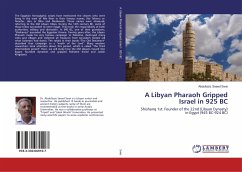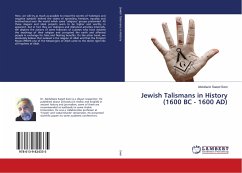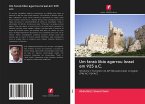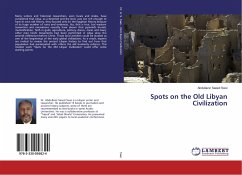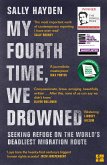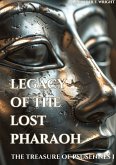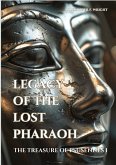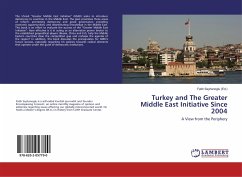The Egyptian hieroglyphic scripts have mentioned the citizens who were living in the west of Nile River in their famous names, like Tehenu or Temehu, Libu or Ribu and Meshwesh. Those names were obviously referring to the Old Libyan tribes. During the 12th century BC, some of those tribes succeeded to enter Egypt. They took the responsibility of both authorities: military and divination. In 945 BC, one of their grandsons, "Shishanq-I" ascended the Egyptian throne. Twenty years after, the Libyan Pharaoh made his very famous campaign to Palestine, destroyed many cities and villages and collected all treasures from Jerusalem temple (all what Solomon had done). The rabbis in their books "The Old Testament" described that campaign as a "wrath of the Lord". Many western researchers took attention about this period, which is called "The third intermediate period". Here, we will study how the Old Libyans moved into Egypt, founded dynasties and gripped Palestine (Israel and Judah Kingdom).

